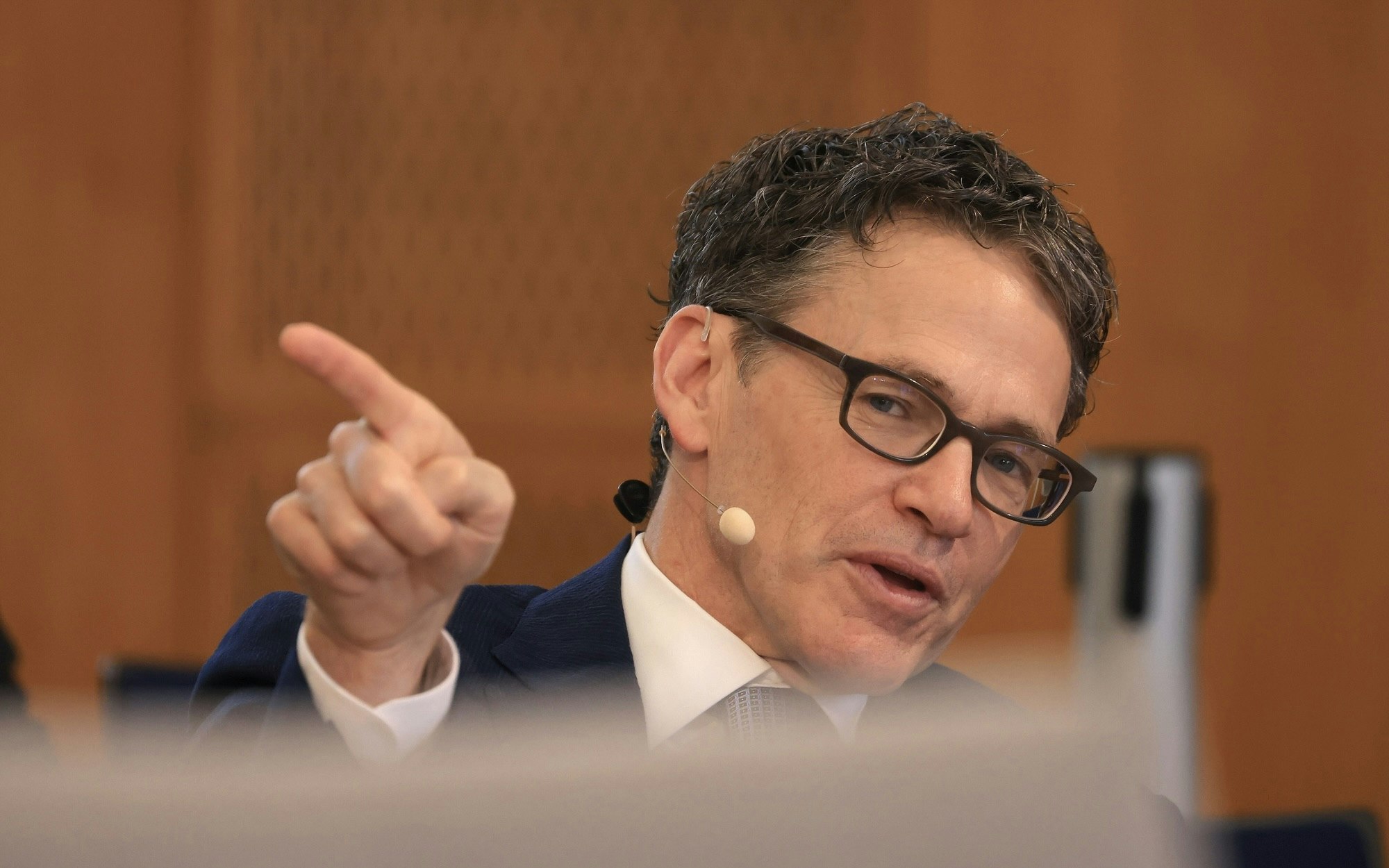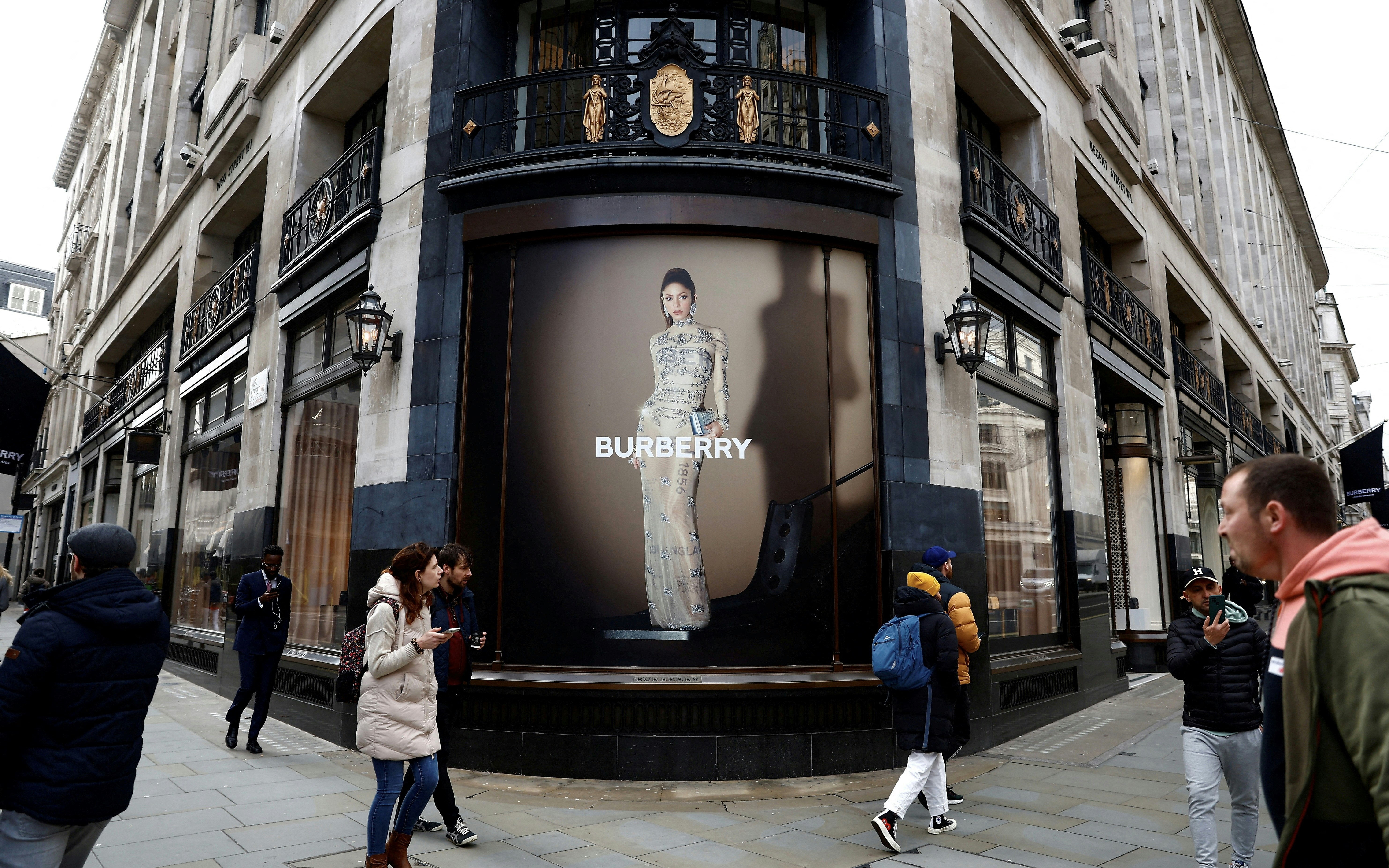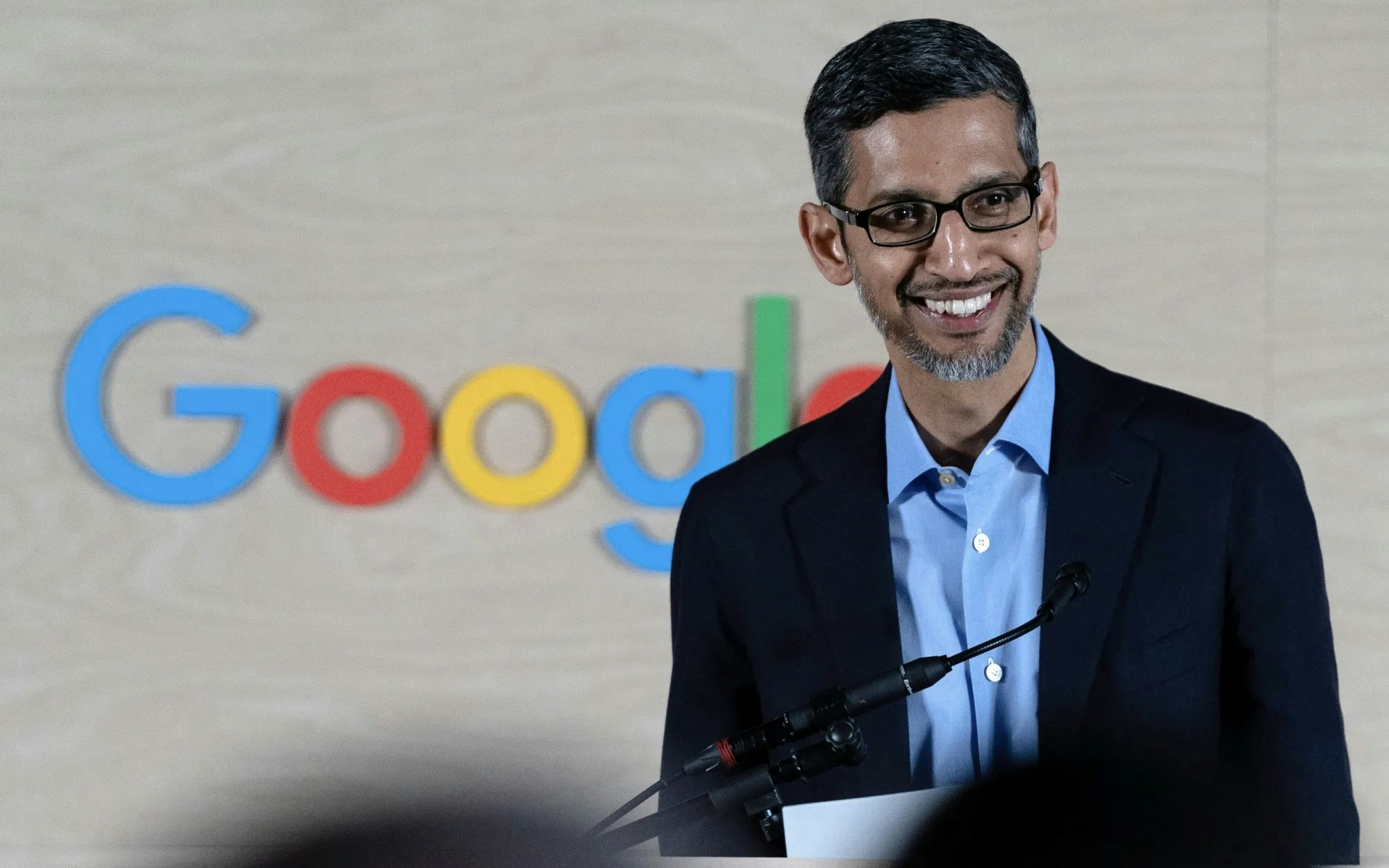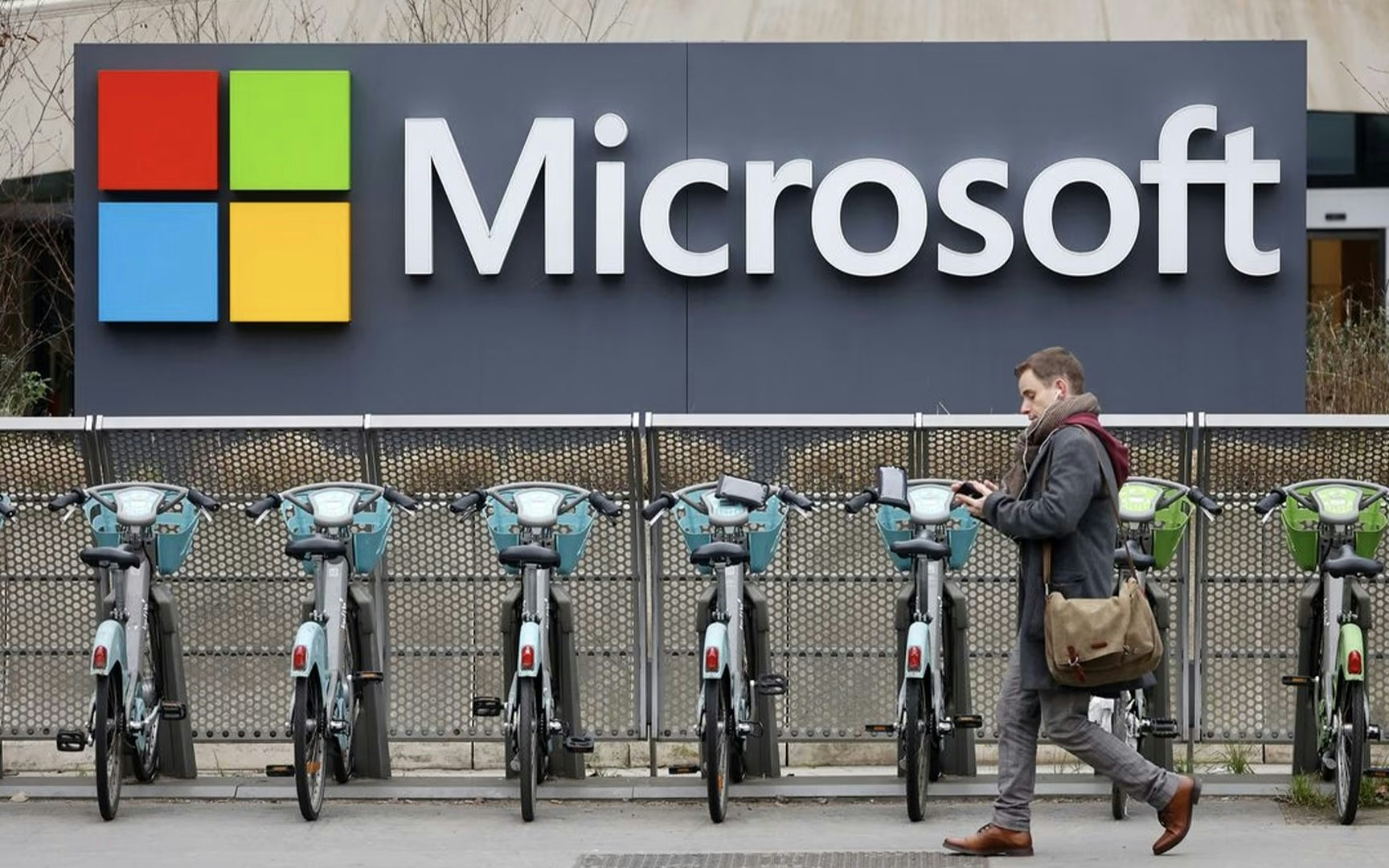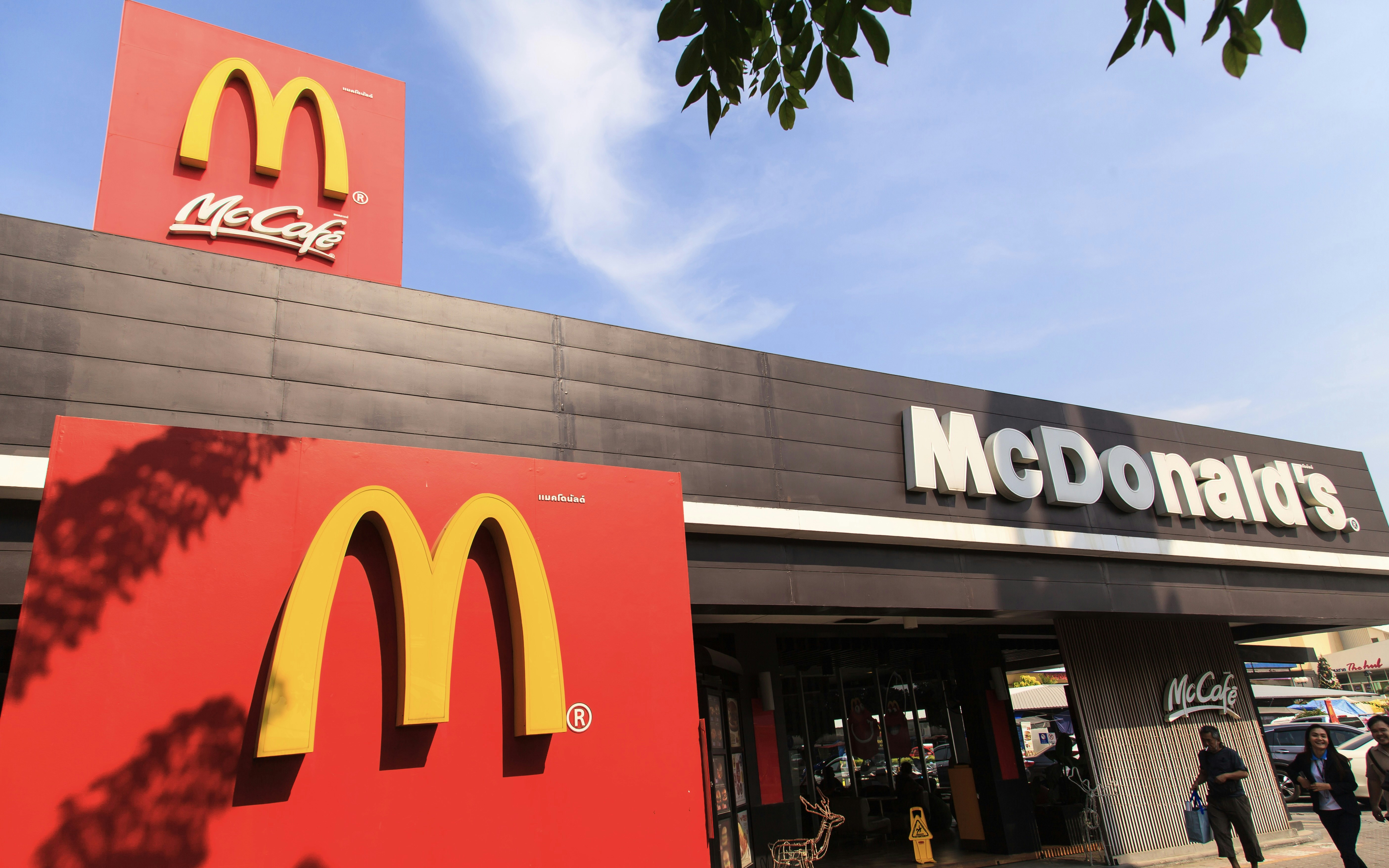A historic verdict has been reached in Philadelphia, the city that is considered the birthplace of American democracy. The partial judgment concerns the agricultural chemical company Bayer, which is being held accountable for the health risks of its weedkiller Roundup.
The record fine of 2.2 billion dollars imposed by the court is one of the highest amounts ever imposed in similar cases. It sends a clear signal not only to Bayer but also to the entire agrochemical industry.
This judgment is more than just a number, it is a symbol of the growing concern about the safety of agricultural chemicals. At the center of this dramatic case is a landscaper from Philadelphia whose life was shaken by cancer.
He used the product Roundup both professionally and privately, which Bayer inherited through the acquisition of Monsanto. The jury's decision is a clear statement: The health of people comes before the profits of the industry.
Bayer, confronted with this heavy setback, announces to appeal. The corporation relies on scientific studies and regulatory assessments that are supposed to prove the safety of glyphosate, the active ingredient in Roundup. However, the verdict shows that courts are increasingly willing to oppose established scientific opinions and the interests of large corporations.
The acquisition of Monsanto in 2018, for which Bayer paid over 60 billion dollars, is proving to be increasingly a double-edged sword for the DAX company. In addition to an expanded market share, it also brought a flood of legal disputes that are now burdening the company's image and finances. This decision has set off a wave of lawsuits that continue to occupy Bayer until today.
While Bayer continues to emphasize its belief in the safety of glyphosate, this judgment sets the stage for future regulation and public perception of chemical pesticides.
It's no longer just about whether glyphosate is safe, but also about how companies like Bayer will respond to growing demands for transparency and accountability.
The verdict against Bayer is not only a financial setback for the company, but also a wake-up call for the entire industry. It highlights the importance of ethical corporate governance and the necessity to consider environmental and health risks.
For Bayer, this means a time of reflection and possibly realignment in a world that is increasingly critical of the practices of the agrochemical industry.
